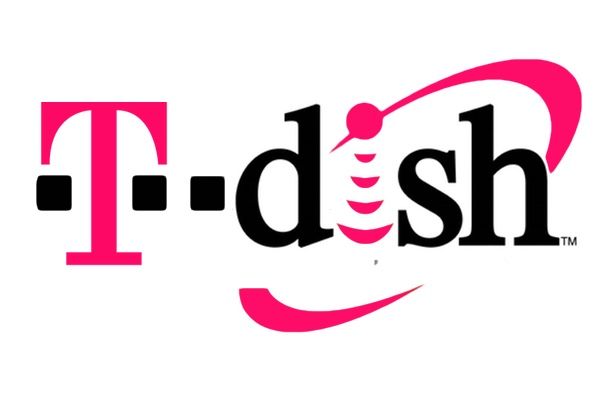Do T-Mobile and Dish need each other?
Earlier today I read an article over at Seeking Alpha, written by a research analyst and author named Brian Nichols. In it he argues that Dish and T-Mobile need each other. And after reading, I’m hard pushed to find a strong argument against it. It highlights something we’ve known for a long time. But, like anyone not wanting to admit to any kind of defeat, we convince ourselves that “it’ll be okay.”
It’s all about spectrum. As is seemingly everything these days. T-Mobile needs more of it to continue rolling out its LTE network. It’s so desperate to get its hands on the precious 600MHz frequency airwaves at next year’s auction that it – almost literally – hasn’t stopped petitioning and lobbying the FCC to reserve more for the smaller carriers. Although it acquired a safe amount of AWS-3 spectrum at last year’s auction, it wasn’t happy with how the overall bidding went down. The duopoly got the majority of the spectrum with Dish Networks being the surprise big bidder.
This tweet from John Legere, T-Mo’s CEO yesterday pretty much sums up the company’s mood:
Dear @VerizonPolicy, here is your corrected chart as I showed it to policy makers in DC. You will be stopped! pic.twitter.com/xiW1T3uuer
— John Legere (@JohnLegere) June 10, 2015
T-Mobile clearly lacks low band spectrum. And that’s the key. It’s LOW-band spectrum T-Mobile needs. It may like other flavors of LTE to improve coverage. But it’s the low band it wants more than anything else.
Nichols points out that Dish has tons of AWS-4 spectrum sitting aside doing nothing. This 2GHz spectrum is potentially awesome for use in mobile cellular networks. Although it’s not the best for building penetration (what T-Mo needs), it could be fantastic for super-fast LTE. In another article on Fool.com, Nichols puts it like this:
“Think of AWS-4 like a nine lane, newly paved series of interstates that run seamlessly through Atlanta, meaning it allows for a better flow of data. And remember, Dish’s interstate remains unused, sitting beside crowded highways, and looking ever so attractive.”
Here’s the kicker: Dish has to put at least 40% of its AWS-4 spectrum in to use for connecting mobile devices by 2017. Except Dish doesn’t have the infrastructure to do that. It essentially has a big pile of fast, awesome spectrum (worth around $25 billion) doing nothing. T-Mobile has the infrastructure, and could always use more spectrum to expand and improve its “Data Strong” network further. It might even be able to boast a coverage map similar to Verizon if it did.
It’s worth reiterating – Dish happened to be one of the biggest buyers at the recent AWS-3 auction. So it has two big piles of mid/high frequency spectrum. Both of which could potentially be of use to T-Mobile. But neither is what T-Mobile needs right now as a matter of urgency.
Which brings me to my real point: Right now, Dish needs T-Mobile infrastructure a heck of a lot more than T-Mobile needs Dish’s spectrum.
What T-Mobile really needs, and really wants right now is low band spectrum. It wants to build a durable, strong and reliable spine to its already super-fast network. That’s what the 700MHz band 12 frequency is doing right now. It punches through building walls, making sure customers still get an LTE signal when they’re in their homes or offices.
I have no doubt that T-Mobile sees Dish’s spectrum holdings as a tempting treasure chest, waiting to be cracked open. But as a matter of necessity, it needs other spectrum more.
It also needs cash. Sadly, you can’t get spectrum just by hoping, wishing or lobbying for it. Would a deal with Dish leave T-Mobile with enough capital to spend on a healthy amount of the 600MHz spectrum at next year’s auction? That’s a question that can only be answered when financial details of any potential deal are revealed.
And this is perhaps when the first mention of Comcast (sorry) comes in. It has capital. It might not have spectrum, and it might be a company with a terrible reputation (I mean, I’m on the other side of the Atlantic and I know Comcast sucks), but it has cash. T-Mobile could do a lot of damage to its competition in the 2016 incentive auction with that kind of money.
So is it a choice between the maverick satellite TV company and the evil machine? It might not be. With T-Mobile’s current reputation as the rock-star carrier that also happens to be the fastest-growing network operator, there are bound to be other companies interested. Last year alone two companies tried to buy T-Mobile (that we know of). This year, we’ve heard of Dish and Comcast. Next year, who knows?
What do you think? Do we need Dish? Does Dish need us?
Via: SeekingAlpha

